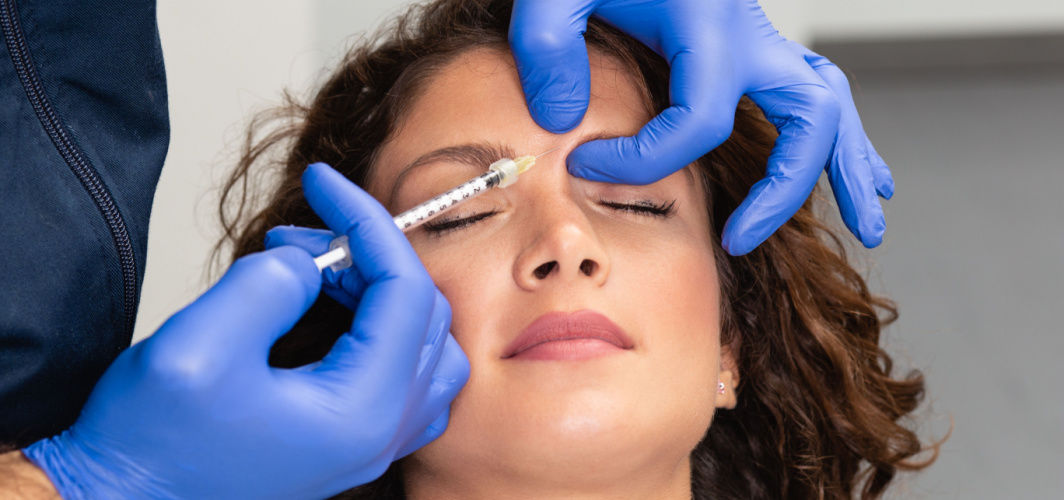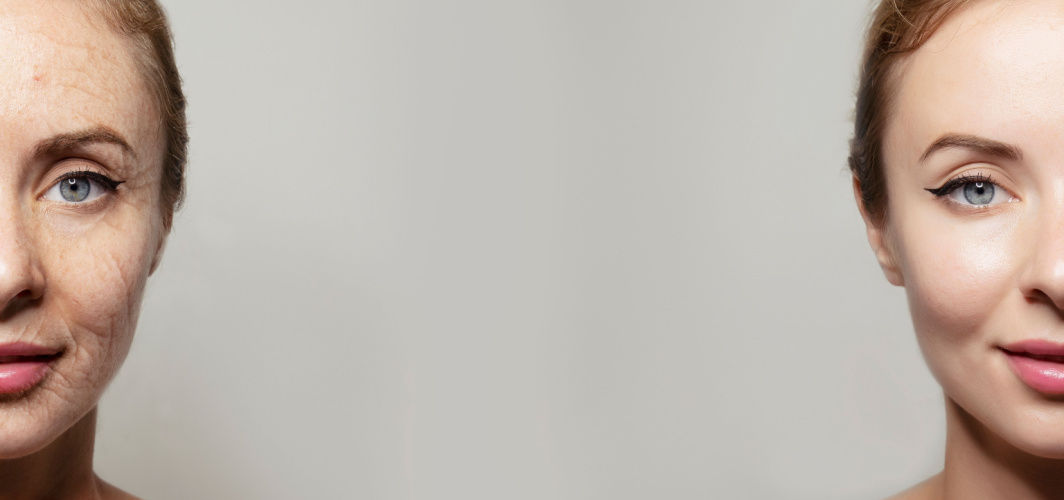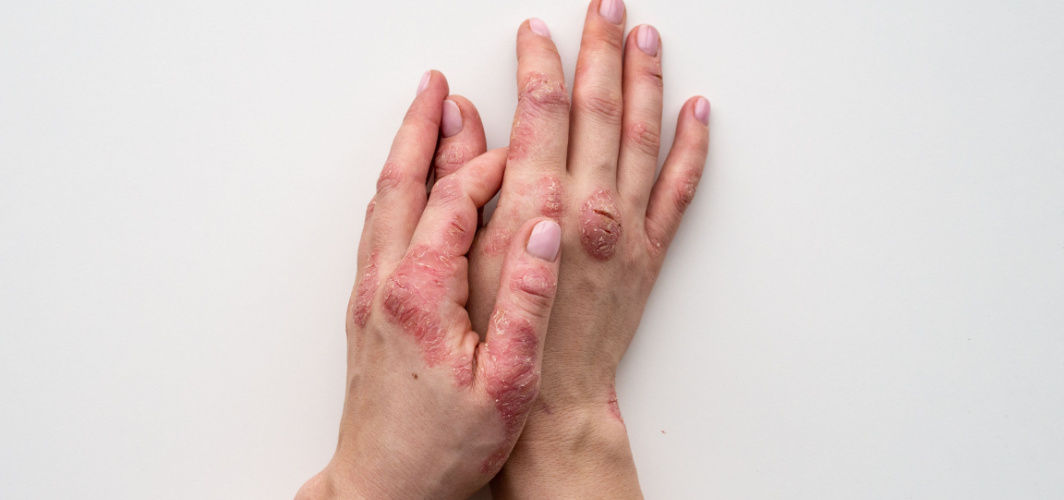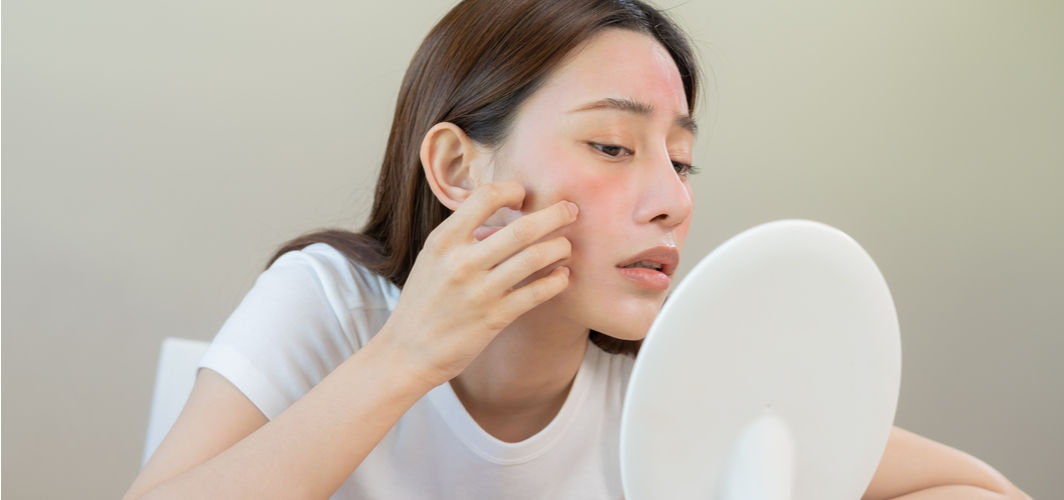Skin Care
Botox Injections: Know About The Results, Side Effects & Aftercare Of This Cosmetic Treatment
4 min read
By Apollo 24|7, Published on - 19 May 2023, Updated on - 16 June 2023
Share this article
0
1 like

Many movie celebrities have opened up about getting Botox treatment done to hide the signs of ageing. But is it really safe? If you're considering botox injections to minimise wrinkles and fine lines, you must evaluate your options carefully. While it's true that these treatments have gained massive popularity as a non-surgical cosmetic solution, there are many factors to consider before making your decision. By learning more about botox injections, their potential risks and outcomes, you can feel confident that you're making an informed decision. In this article, we'll cover some key factors you should consider before going ahead with botox injections.
What Are Botox Injections?
Botox injections are derived from botulinum toxin. This neurotoxic protein paralyses specific facial muscles, thereby inhibiting muscle contractions and reducing the appearance of wrinkles and lines. The good news is that the procedure is relatively quick and painless, taking just a few minutes to complete. With the effects lasting several months, botox injections are now commonly used to treat frown lines, crow's feet, and forehead wrinkles.
Things To Consider Before Getting Botox Injections
1. Consultation Is A Must
The first step is to look for a clinic that offers a thorough consultation before the treatment. This is your chance to share your concerns and expectations, and the expert will explain what to expect during and after the procedure.
During the consultation, the professional will ask you to make simple facial expressions like smiling, frowning, and raising your eyebrows. This lets them understand your muscles' behaviour and analyse where injections are to be placed. Additionally, they'll need to know about any medications you're taking or health issues you have to ensure no adverse interactions. Remember, your health and satisfaction are a top priority for the clinic, so feel free to ask any questions or concerns you may have.
2. Sharing Medical History
A professional botox practitioner will always ask for your medical history before beginning the procedure. It is essential to provide them with accurate information, including the list of medicines you are taking, any pre-existing medical conditions, and allergies. This information helps ensure you don't experience any adverse reactions to the botulinum toxin.
3. Potential Side Effects and Risks
When seeking botox treatment, it's vital to find a skilled and trustworthy practitioner to minimise side effects. Some individuals may experience bleeding, swelling, or pain at the injection sites, but using thinner needles and saline dilution can reduce these issues. Temporary side effects like headaches, malaise, nausea, drooping eyelids, or misalignment of the eyes can occur but they will gradually improve.
4. Bruising is Common
Injecting Botox with a fine needle into the skin's surface is typically painless and minimises the risk of bruising. However, in rare cases, bruising may occur if a blood vessel is touched. Rest assured, these bruises usually fade within a few days, and some providers offer laser therapy for next-day removal. Mild redness and swelling may occur briefly but won't disrupt your daily routine.
5. Don't Miss the AfterCare
Giving the botox injection time to settle into the targeted area is essential. During this healing period, avoiding active physical activities, using makeup, and touching the face too often, is highly recommended. It is also suggested that you steer clear of any facial pressures, like sleeping with your face down or taking flights, to ensure that the neurotoxin remains undisturbed and achieves the desired outcomes. These precautions are in place to protect you and your health, so please be patient and follow them religiously.
6. Botox Isn't A Forever Treatment
Botox injections offer temporary results compared to surgical procedures. The full effect may take a few weeks, but changes can be seen in as little as three days. Results typically last three to six months, with an average of four months. The duration depends on the number of units used, injection site(s), and the quality of the botox. It's important to remember that botox is irreversible and adverse reactions may require time to resolve.
7. Treatment Cost Varies
If you're considering getting Botox treatment done, it's essential to know that pricing can vary depending on whether it's charged per unit or per treatment area. Remember that the cost may fluctuate depending on different factors, such as the product's quality and the dermatologist's expertise. Additionally, geographical location can be a factor too, with urban areas typically charging more. It's also worth noting that there may be additional costs if you choose to go with a board-certified injector.
Getting botox injections can be a big decision that requires thoughtful consideration. Taking the time to conduct proper research, consulting with licensed professionals, understanding the possible risks, and having realistic expectations are all important aspects of making a well-informed decision. If you have more doubts,
Consult Apollo’s Expert Dermatologists
Medically reviewed by Dr Sonia Bhatt
Skin Care
Leave Comment
Recommended for you

Skin Care
Anti-Ageing Supplements Myths: 6 False Facts You Should Know Now
These days most people are searching for the newest methods to maintain healthy, glowing and radiant skin without ageing. But do anti-ageing supplements work? Let us find out.

Skin Care
Psoriasis: Definition, Causes, Symptoms, Treatments & Prevention
Discover Psoriasis - its definition, causes, symptoms, treatments, and prevention strategies for comprehensive insights and effective management.

Skin Care
Are Hypoallergenic Cosmetic Products Good For You?
Hypoallergenic cosmetic products contain substances that are less likely to cause allergic reactions. Read to know more.
Subscribe
Sign up for our free Health Library Daily Newsletter
Get doctor-approved health tips, news, and more.
Recommended for you

Skin Care
Anti-Ageing Supplements Myths: 6 False Facts You Should Know Now
These days most people are searching for the newest methods to maintain healthy, glowing and radiant skin without ageing. But do anti-ageing supplements work? Let us find out.

Skin Care
Psoriasis: Definition, Causes, Symptoms, Treatments & Prevention
Discover Psoriasis - its definition, causes, symptoms, treatments, and prevention strategies for comprehensive insights and effective management.

Skin Care
Are Hypoallergenic Cosmetic Products Good For You?
Hypoallergenic cosmetic products contain substances that are less likely to cause allergic reactions. Read to know more.
